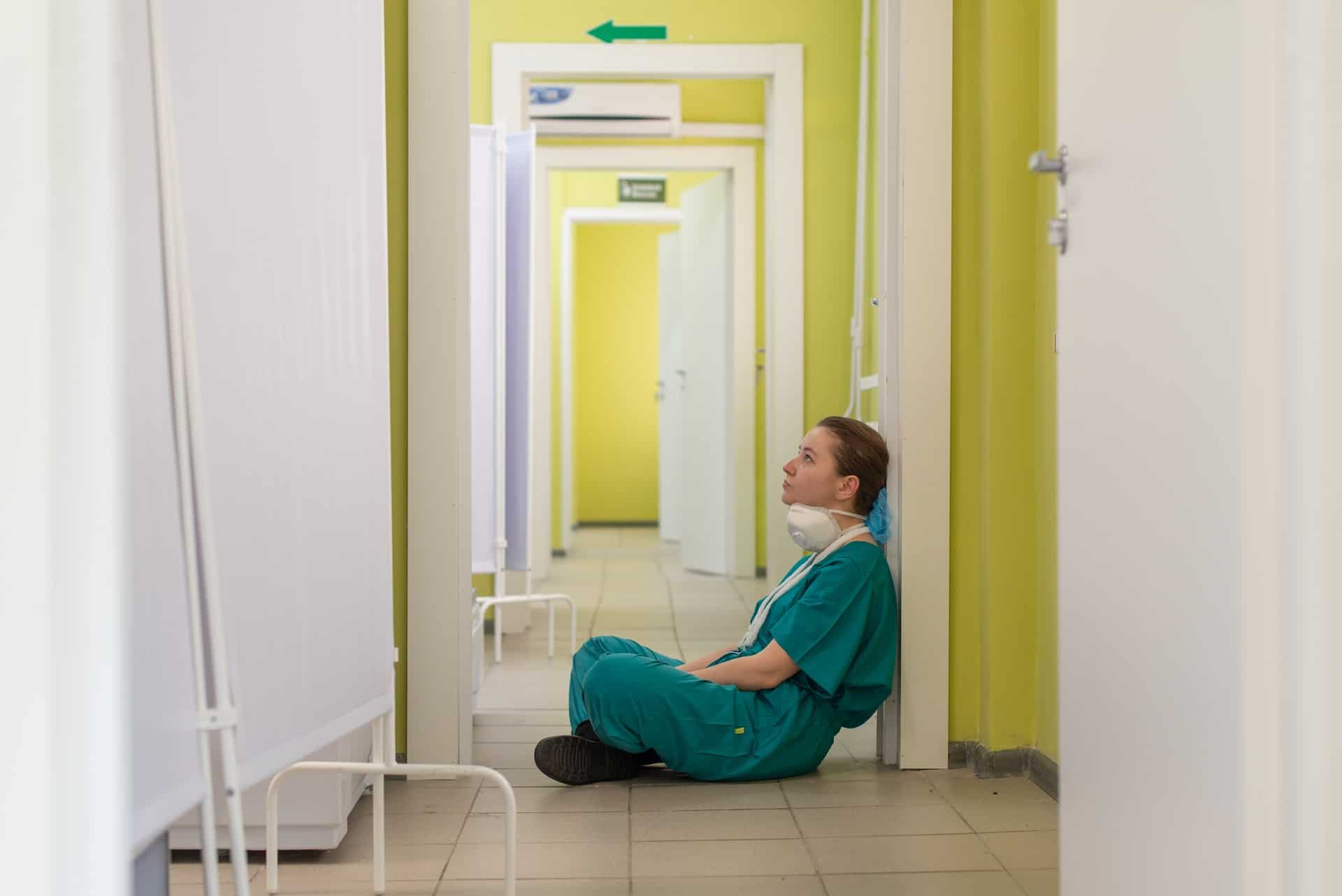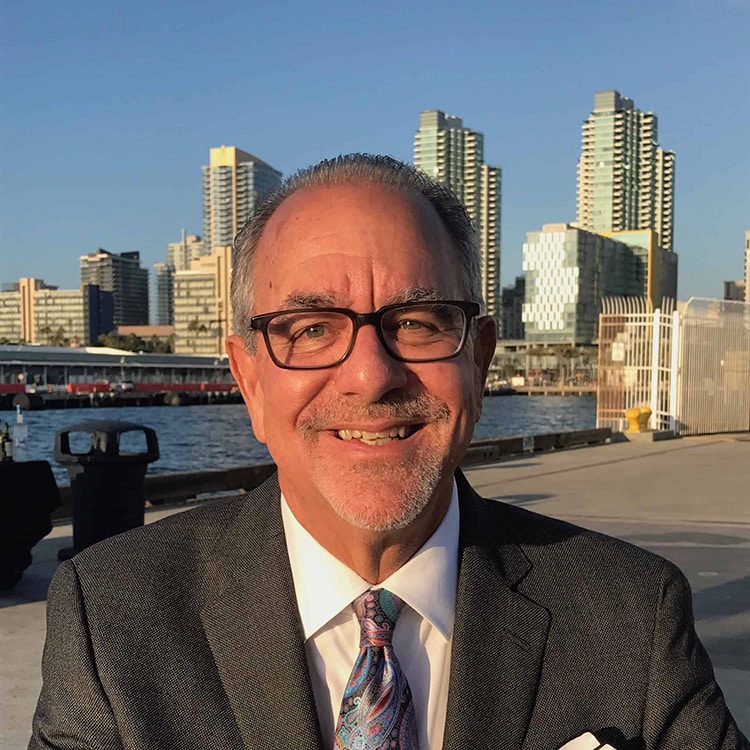
Addiction Is A Crisis Among The Nursing Profession
Nurses have been facing a silent epidemic of colleagues addicted to drugs they should be dispensing. Substance use disorders occur in all walks of life, but people in the healthcare profession tend to have access to addictive drugs. Around 14 to 20% of nurses may use substances during their careers. Between 2 and 10% of nurses develop a substance use disorder.
Substance use disorder is a danger to both patient welfare and the substance user. Many nursing unions require employers to have a policy addressing substance use disorder. Nurses are usually allowed to get voluntary treatment if their addiction hasn't caused harm at work.
Why Do Nurses Use Substances?
Nurses use substances for the same reason many people use them; to relax, to lose their inhibitions. The job of nursing has many rigors, and nurses must deal with both physical and psychological demands. For example, a person may take drugs to help with aches and pains, get better sleep, or simply "feel numb" just "feel better."
Some people misuse drugs. Usually, this includes taking them without a prescription or taking more than prescribed to get a particular effect.
Nurses' Increased Stress During COVID
When we think of nurses, we often think of the people who care for others in the emergency room or doctors' offices. The role they play in hospitals is that of a caregiver. Since the pandemic began, our healthcare workers have worked hard to keep people comfortable and alive. Many have returned home after work, just to care for people at home, too.
Some have faced enormous stresses, such as adult children moving back in or working with an onslaught of very sick COVID patients. At the same time, they may have felt compelled to work longer hours and get less rest. There is no doubt that healthcare workers have been facing many challenges, and many decisions they make are life or death.
For a nurse or anyone in healthcare, addiction can be one of the most significant challenges. It adds a whole new list of problems for somebody who is already having struggles in life.
Many nurses who misuse substances are struggling with work-related anxiety or even PTSD. Getting treatment for their mental health and substance use can help them reclaim their lives.
Signs of Addiction in Healthcare
If a person in healthcare has an addiction, it will eventually spill over to affect their professional life. There may be telltale signs that something is going on with them. Nurses may have other warning signs as well.
Here are some signs to look out for:
- Incorrect medication counts, especially with narcotics such as opioids or other addictive drugs like Adderall.
- Problems with coordination or slurred speech; dilated pupils or appearing high while on the job.
- Coming into work late, frequent absences, leaving work and coming back without explanation, frequent trips to the bathroom or car.
- Unkempt appearance, carelessness on the job, problems with doing paperwork on time, etc.
- A dramatic change in attitude or job performance.
- At home: bottles of pills containing split pills or other drug paraphernalia. Hidden bottles of alcohol. Multiple bottles of pills or an extensive collection of liquor/beer/marijuana. Vaping supplies for marijuana.
- You may be able to smell alcohol or marijuana on their breath.
Reaching out to them has to be the first step whenever you suspect somebody has a drug or alcohol problem. What may look like a mental health crisis or stress on the job could signify a serious substance use disorder. Addiction can happen to anyone from any walk of life. Just like many mental health issues, it is a disorder of the brain.
The good news is that it's treatable! Asking for help and getting clean and sober is the first step.
Getting Help for A Substance Use Disorder
If you or somebody you love has a substance use disorder, you're not alone. In the healthcare profession, it's essential to take responsibility and seek treatment as soon as possible to minimize harm.
Learn more about how we can help you get your life on track to recovery. We offer discreet and compassionate addiction treatment services. Give us a call at 615-452-1200 to learn more about your options.
Categories
Addiction News
